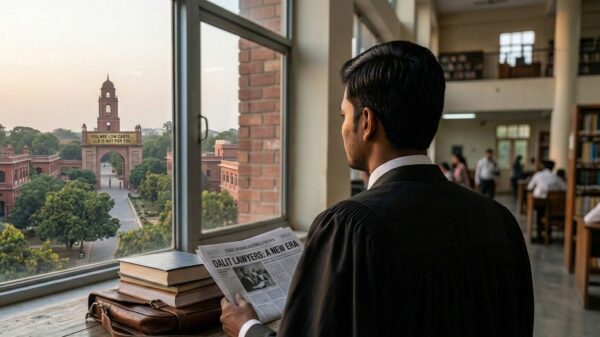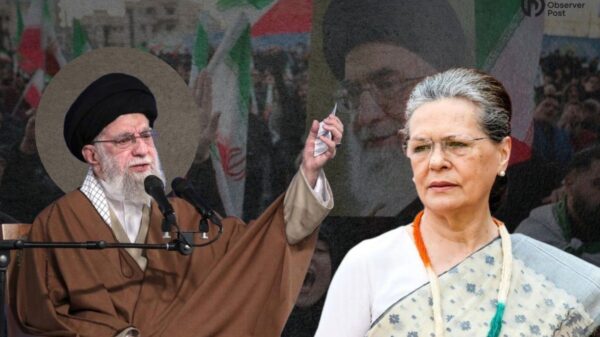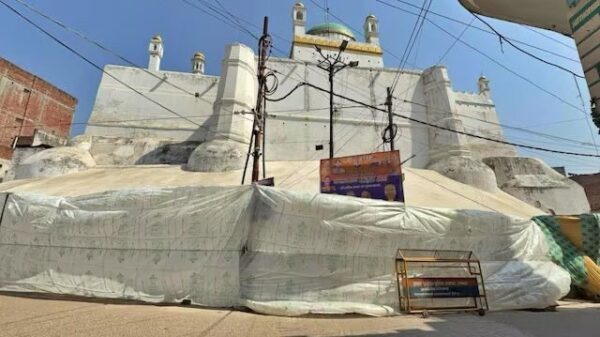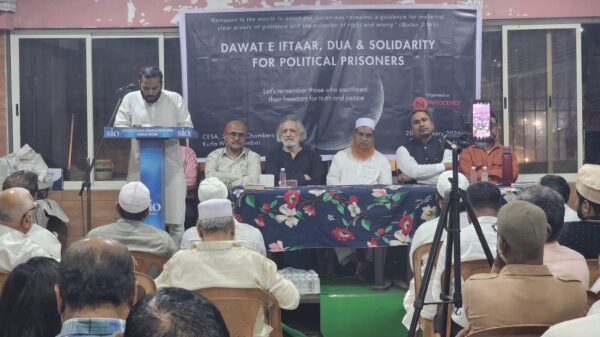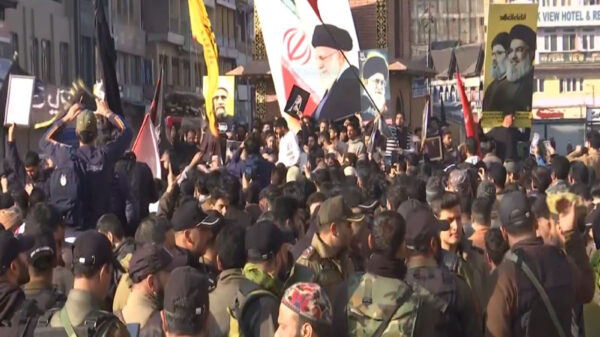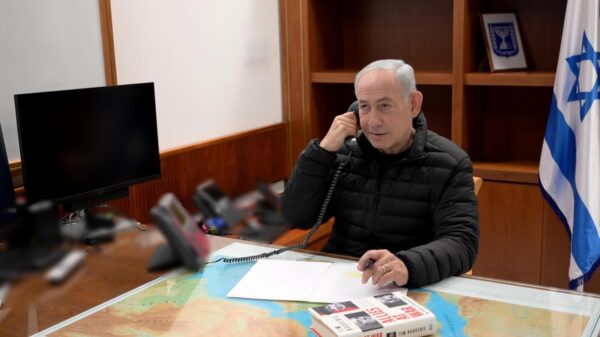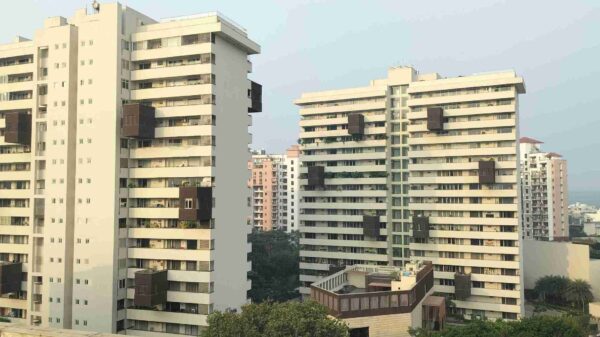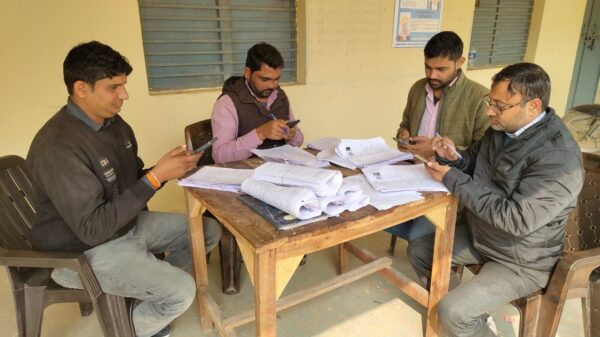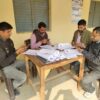A delegation of 14 Muslim leaders from Gujarat submitted a memorandum to the Joint Parliamentary Committee (JPC) in Ahmedabad on Friday, September 27, opposing the provisions of the Waqf Amendment Bill, 2024.
Shri Sagirahmed Ansari, Coordinator of the Gujarat Coordination Committee for the Waqf Amendment Bill, 2024, led the delegation, emphasizing that Waqf properties have played a vital role in supporting the socio-economic welfare of the Muslim community through religious and charitable contributions.
“Waqf properties are not just assets; they are sacred and must be safeguarded from misappropriation or repurposing,” Ansari stated during the hearing.
The hearing, part of the JPC’s broader outreach efforts, was chaired by Shree Jagdambika Pal, a senior member of the Bharatiya Janata Party (BJP) and chairman of the Joint Parliamentary Committee on the Waqf (Amendment) Bill.
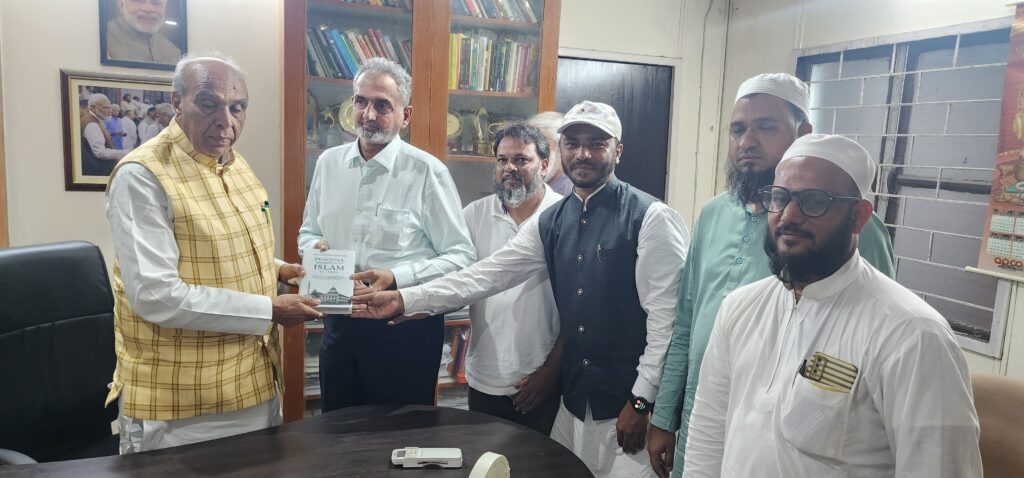
The delegation, representing several renowned Muslim organizations in Gujarat, expressed concerns about the potential ramifications of the bill on religious endowments and the control of Waqf properties.
The delegation’s key objection centered on specific clauses in the bill, which they argued could pave the way for government or private control over Waqf properties, undermining their long held autonomy.
According to the delegation, these provisions could erode the community’s ability to independently manage these assets, which have long served as pillars of religious, charitable, and educational support to the community.
The memorandum was submitted by key stakeholders, including NisarAhmed M. Ansari (Proff.) – General Secretary, Jamiat Ulema-1-Hind, Gujarat; Shaikh Iqbal (Advocate ) – Former Member, Central Waqf Council; Muhammad Tahir M. Hakim – Advocate, Gujarat High Court, Akilali Saiyed – Proff. Dr. – V.P. All India Muslim Majlis-E-Mushawarat, and Mujahid Nafees – Convener, Minority Co-Ordination Committee, Gujarat.
“We will not allow the government to interfere in our religious matters. The Constitution allows us to function according to our religion. The truth is that the government’s intentions are not right,” stated the memorandum.
Mufti Khanha Ahmed Yakub, Vice President, Jamiat Ulema-1-Hind, India, echoed this sentiment, underscoring the spiritual significance of Waqf lands.
“It is vital that these assets remain under the community’s exclusive control to ensure they continue serving their intended purposes,” Yakub noted, expressing concerns against interference by non-Muslim or governmental bodies.
The delegation also urged for increased financial support to maintain Waqf lands, which they argued are underfunded and require preservation.
Among the prominent figures in the delegation were Shaikh Iqbal, former member of the Central Waqf Council; Vaseef Hussain – General Secretary, Jamaat E Islami Hind, Gujarat; Patel Yunus Ahmed – Director, World Bharuchi Vohara Federation; Abdulrashid R. Patel (Dr.) – General Secretary, Anjuman-E-Talimul Muslimeen; Mohammad Shoaib Ansari (Er.) – Vice President, Surat Ansari Jamat; and Rizwan Ahmed M. Kadri – President, Ahmedabad Sunni Muslim Waqf Committee.
The JPC assured the delegation that their concerns would be considered and further discussions would take place. As the discussion over the Waqf Bill continues, the delegation is hopeful that amendments will be introduced to protect the interests of the Muslim community.
The bill, introduced in the Lok Sabha on August 8, has been referred to a 31-member parliamentary panel, which is expected to submit its report by the next session of Parliament.






